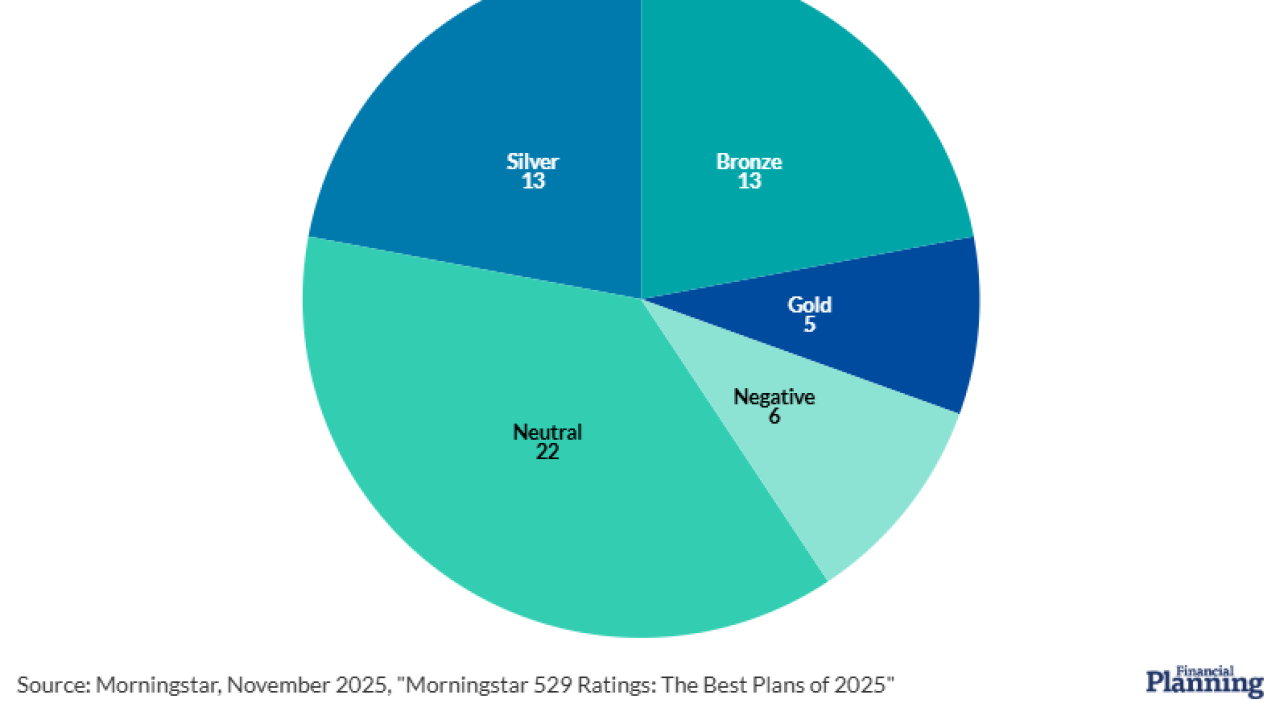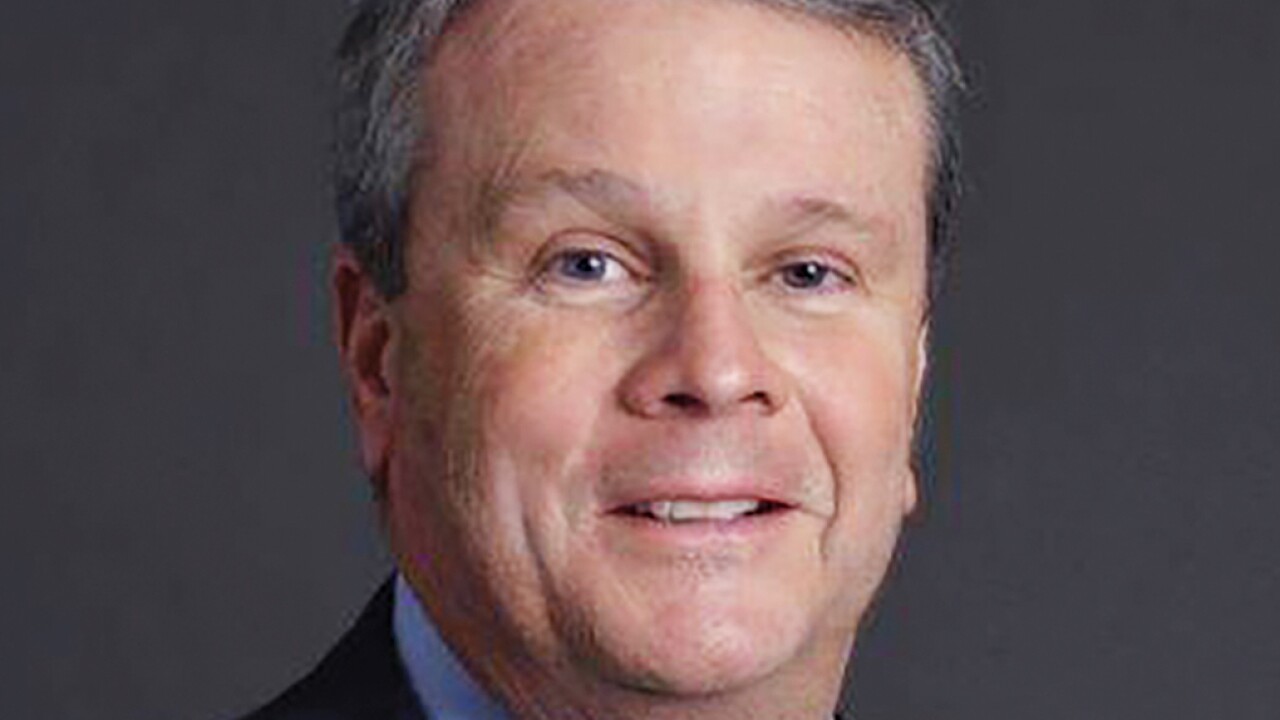Joe Gibbons worked in retail management at a now-defunct national sporting goods company for six years before establishing Gibbons & Gibbons PC, a CPA firm in Vienna, Va.Since then, he has witnessed firsthand how far integration has come between point-of-sale software and back-office accounting solutions.
"I was with QuickBooks POS from the beginning with POS Version 1.0, and it was very rough. I wasn't sure if my clients would even continue on the system," said Gibbons. "The integration with Version 5.0, however, is very strong. They were very separate when POS first started. Today, it looks and feels more like QuickBooks."
With hundreds of POS systems flooding the marketplace, becoming a distinguishable and reasonably priced market player can be a daunting task.
One way is to become a niche POS system and offer features that are specific to that niche. Another increasingly popular mode of development is to offer tight integration with back-office accounting software systems. While not a new idea, integration is becoming more seamless and open than in years past.
"There's something like over 200 POS systems in the marketplace, and only a very small percentage of them integrate with an accounting system," said Jim Stone, chief executive officer at Cougar Mountain Software, a POS and business software provider based in Boise, Idaho.
As technology in the profession advances, many CPAs, like Gibbons, transform themselves from number-crunching accountants into technology advisors and implementers.
Installing POS systems that integrate tightly with a client's accounting software can save a CPA from the headaches involved in rummaging through boxes and boxes of paper receipts and miscalculations at the end of each quarter.
"There are so many companies and few really get into the integration with other products," said David LaCroix, chief executive officer of POSable Solutions, a Microsoft reseller and accounting service in Gilroy, Calif. "Microsoft makes it easier to use and it flows well, and there's nothing in the integration that we have seen we want to change so far."
In the last year, Microsoft began integrating with its small business back-office system - Small Business Accounting - as well as with QuickBooks' back-office systems. Microsoft also came out with a new operating system specifically produced for retailers - Windows Embedded for Point of Service, or WEPOS. The operating system is the first Windows created for a specific vertical market, and integrates peripherals, applications and the operating system into one.
While QuickBooks offers ease of use, quick installation with a QuickBooks POS ProAdvisor, and full integration into its popular QuickBooks financial solutions, it does not integrate with other ERP or accounting software systems. Sage Accpac POS does not integrate outside of its own Sage family product lines, and neither does Cougar Mountain.
This year, however, these systems are all built with SQL databases, and many are on a .Net framework, enabling third parties to export data more easily and tie it to another system or back-office accounting software application.
QuickBooks POS recently opened up its code for partners to go in and create vertical add-ons. Microsoft's POS code is also open, enabling its resellers to build vertically upon it in an effort to create a greater "niche-feel" to their software.
"We have a rich ecosystem of VARs who have extended our products with their own software solutions, in areas like wine-tasting rooms, bike shops and jewelry retailers," said Jen Larson, the senior product manager for Microsoft point-of-sale solutions.
Bundle up
Another shift over the last year that both value-added resellers and partners of POS providers have availed themselves of is bundling. For many providers, the bundles they offer combine their software and a partner's hardware to ensure that cash registers and peripherals work seamlessly together with the software.
"Did you know that the cash register was invented 140 years ago, in 1883?" asked Steve Aldrich, general manager of QuickBooks POS. "More accountants are telling the retailers they should join the computer age. We're making the connection easier and the bundling continues to be a part of that hardware ease."
Microsoft bundles its MS POS with three hardware manufacturers - Casio Inc., DigiPOS Systems Group and Hewlett-Packard. QuickBooks bundles a number of different manufacturers' products, like a cash drawer from M-S Cash Drawer Corp. and a receipt printer from Star Micronics America Inc., to create a bundle for customers.
Sage Accpac has recently begun bundling its software and hardware, but according to director of product management Hemant Makhja, they are doing so separately and for an "attractive price."
The hardware bundle starts around $650, with a cash drawer, keyboard, pole display, bar code scanner and a receipt printer. The software bundle is sold separately for those looking to combine their purchase of an ERP and POS system.
"Retailers are used to using stand-alone products," said Makhja. "What we did was to attract that particular market [the small to midsized retailer] by creating a new bundle, the Accpac Integration Retail Bundle. It takes Accpac's ERP system and picks up modules required for a complete retail operation."
E-commerce is a-comin'
Perhaps the most requested step for the future is e-commerce, according to a number of providers. Accpac's Makhja estimated a 100 percent increase in inquiries and requests for more customization within the e-commerce feature set in Accpac ePOS. Microsoft partner LaCroix estimated a 30 to 40 percent increase in requests for Web store capabilities from his clients in the last year.
"Last year really started bringing the boom," said LaCroix. "Customers realized how much easier it was, and stores started realizing how much they were losing by not having a Web store."





